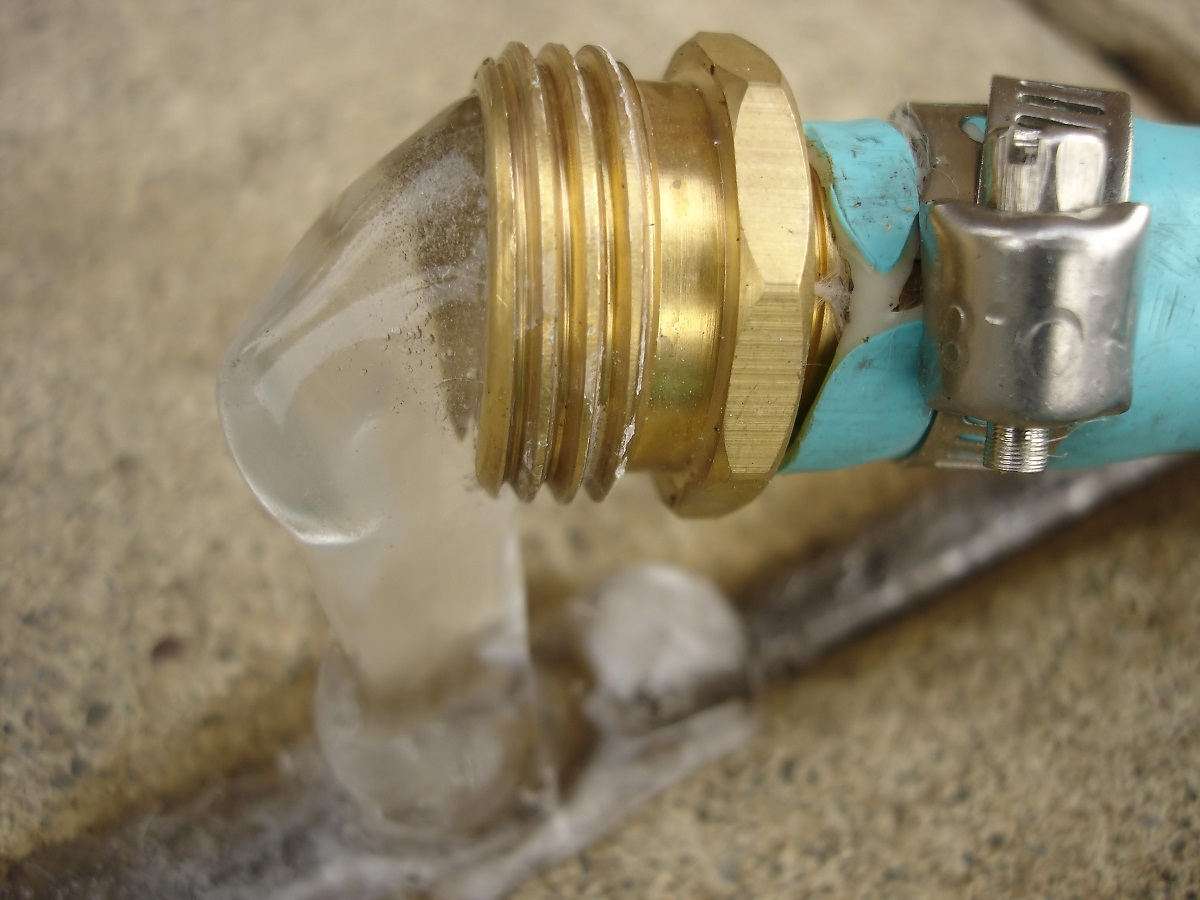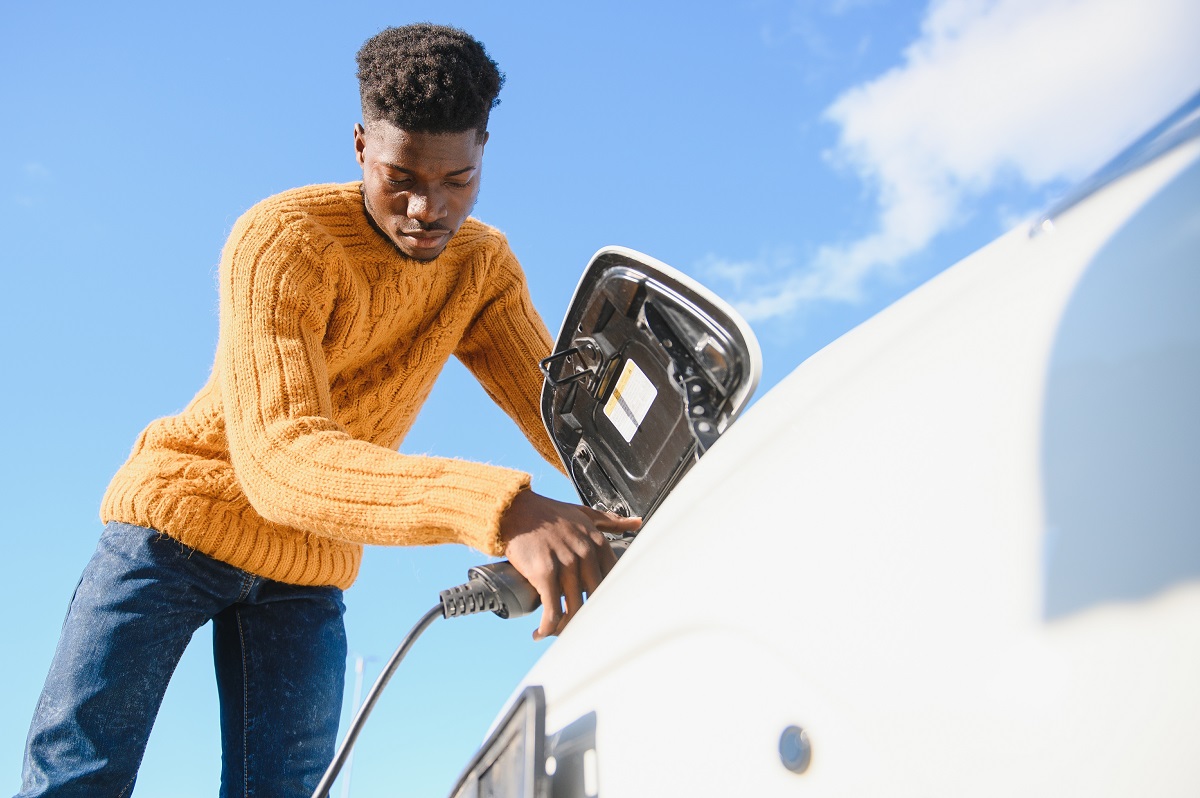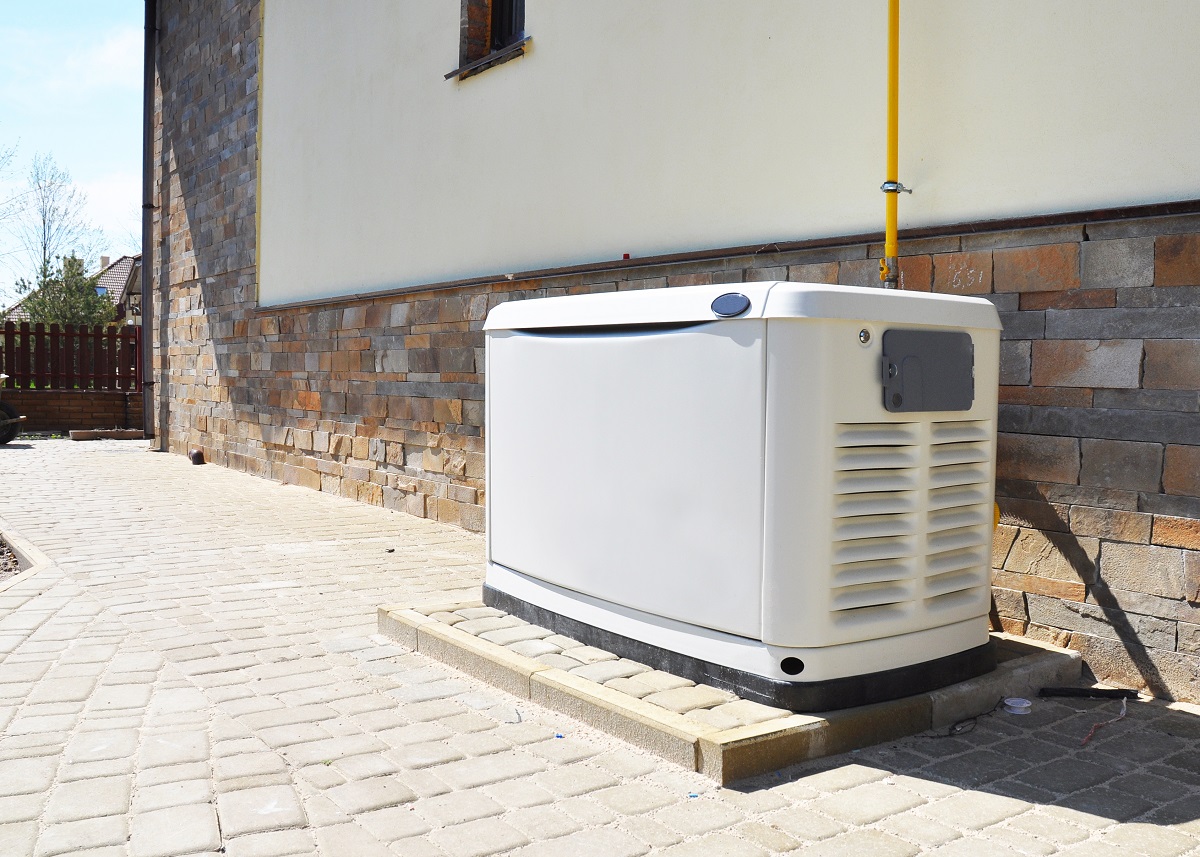Snowmageddon, hurricanes, or even just a severe thunderstorm can knock out the power to your home. During the best-case scenarios, you can’t stream your favorite movies and TV shows for a few hours. During the worst-case scenarios, your home and family can be in danger.
A generator can get you back up and running in no time, and here are six important reasons why your home shouldn’t be without one.
1. Keep medical devices running
Many people rely upon electrical medical devices, such as oxygen tanks or HEPA filters, to live in their homes. Thankfully, many utility companies have a priority list of customers who require electricity, so the crew can re-connect these homes quickly after an outage.
Unfortunately, even quick hookups can take minutes or even hours, especially after a severe weather event. That’s why having a generator can create a safer environment for homeowners and family members who acquire the assistance of electrical medical devices.
2. Stop your pipes from bursting

One doesn’t need a Polar Vortex to worry about their home’s pipes. Even normal winter temperatures can easily freeze pipes along your exterior walls, and if they burst, you may find yourself with thousands of dollars in water damage.
Fortunately, a generator can help to keep your home roasty, toasty warm, especially an installed generator that automatically clicks on when the power clicks off.
Likewise, extreme heat can be dangerous, too, especially to young children and elderly family members. During times of extreme temperature blackouts, a generator can help to keep your family safe and comfortable.
3. Prevent water from entering your home
Sump pumps use electricity to pump water that could enter your basement away from your home. During a severe weather event, such as a hurricane, a power outage can knock out your sump pumps and allow that water into your home. If you have a generator, your sump pumps will continue to run even during a power outage, potentially saving your home from water damage and your wallet from expensive repairs.
If, for some reason, you can’t get a generator for your home, a battery backup for your sump pumps can also help to prevent water damage.
4. Keep your water flowing

If your home receives municipal water, then a power outage won’t stop you from usual activities at home, such as washing dishes or taking a shower. (Of course, it’d be a cold shower!) Unfortunately, homeowners in suburban or rural areas will be impacted by a power outage because well water needs electricity to enter the home.
If you have a generator, you can simply plug your well pump in and enjoy the comforts of modern, indoor plumbing.
5. Save your food
Even before the recent inflation issues, food was expensive. The average American family of four can spend upwards of $300 a week stocking their refrigerator, and all that food can spoil pretty quickly. Food in your refrigerator can only last up to four hours, and many items cannot last more than 2 hours above 40°F.
Using a generator can save your eggs, milk, and ice cream by keeping your refrigerator cold, even when the lights are off.
6. Keep your everyday devices (and your motor) running

It’s important to stay connected, especially during times of crisis. Generators can help to keep your devices – cell phone, tablet, computer – up and running, so you can get important updates from officials and forecasters (or at least stream your favorite movies).
If you have an electric vehicle, a power outage – especially a prolonged one – can take away your wheels. Even public chargers in nearby parking lots may be out of juice if the power outage is widespread.
If you have a portable generator, you can charge your car enough to get you where you need to go – the grocery store, work, or even the home improvement store.
Important generator safety tips
Generators are typically used after natural disasters, such as hurricanes or nor'easter. Unfortunately, when disaster strikes, people tend to panic, and safety isn’t always top of mind. That’s why it’s important to know how to operate a generator safely before you need to use one.

Here are a few quick tips to help you keep safe, but always follow the manufacturer’s instructions.
- Understand that generators are not “plug and play” devices.
- Hire a qualified electrician to install a transfer switch (if needed).
- Use the transfer switch correctly and GFCI protection.
- Make sure your generator is properly grounded. (All generators need to be grounded.)
- Keep the generator as far away from the home as you can (at least 20 feet).
- Operate generators for temporary emergency use only.
- Plug your generator into your home the correct way to avoid backfeeding the area (which can be deadly).
- Install working carbon monoxide detectors in your home to alert you to any buildup of this dangerous gas.
If possible, consider having a permanently-mounted generator installed by a licensed electrician, which can switch over automatically during a power outage. This type is generally safer than portable generators when installed and used properly.
Get more home tips in the FMI HomeAssist app!
Your home is your most valuable asset. Now there’s an app for it. FMI HomeAssist, powered by vipHomeLink is a free app and service, exclusively for FMI policyholders. It allows you to organize, maintain and improve your home all from one easy-to-use, intuitive app.
From personalized maintenance reminders to keeping all your documents and info in one secure location, HomeAssist is your go-to resource for protecting your home and preventing costly claims. It’s one more way FMI goes the extra mile to help keep you and your loved ones safe.
Claim your personalized FMI HomeAssist app now and help protect your home!
FMI content is powered by vipHomeLink